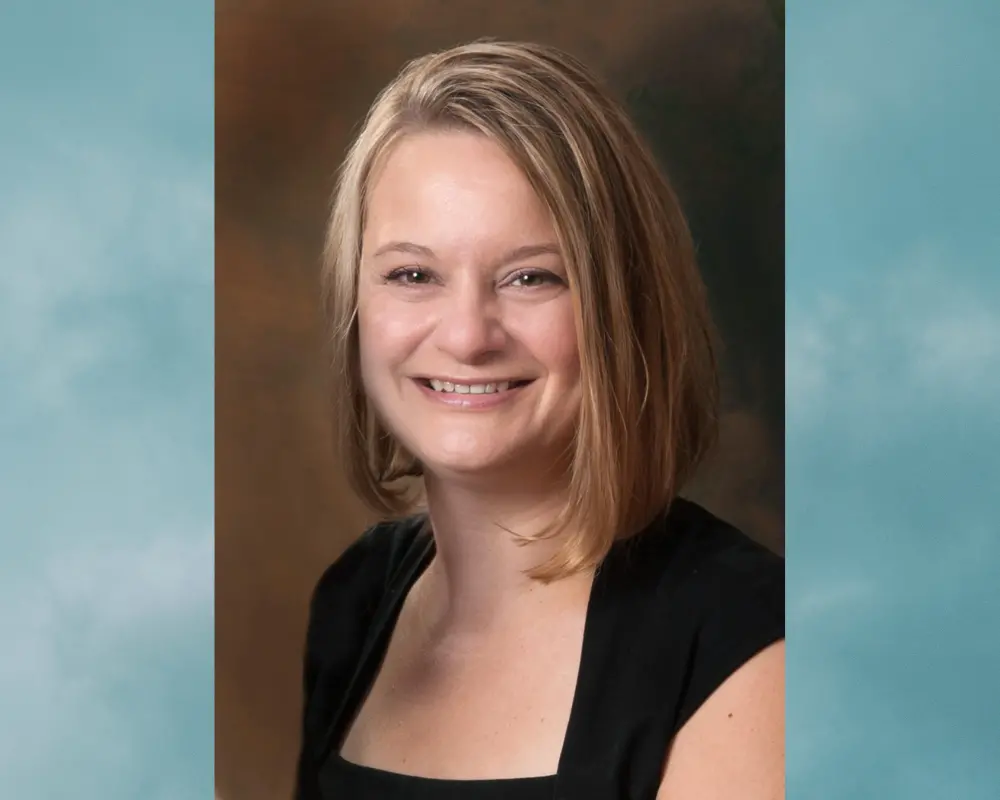
Congratulations to Dr. Monteggia, a 2024 College of Liberal Arts & Sciences Distinguished Alumni Award Recipient!
Lisa Monteggia’s journey to a career in psychiatric neuroscience began nearly forty years ago in a microbiology lab at the University of Illinois Urbana-Champaign. As an undergraduate, Monteggia knew she had a talent for math and science but she never dreamed that her aptitude would foster three university degrees and a postdoctoral fellowship at Yale, ultimately landing in her current positions as the Lee E. Limbird Chair of pharmacology at Vanderbilt University and the Barlow Family Director of the Vanderbilt Brain Institute.
“Entering college I had no idea what a career path in science and math would look like for me,” Monteggia said. After joining a microbiology lab in her first year, she reveled in the opportunity to witness research in real time and conduct hands-on experiments. Captivated by the level of creativity demonstrated in the lab and the questions being asked by her peers, Monteggia realized that research was more than running experiments. “It’s looking at your data and figuring out how to analyze that data and how to talk about it,” she said.
An Accidental Offer
After completing her bachelor’s degree in microbiology, Monteggia stayed at Illinois for her master’s in microbiology. Seeking additional research experience before applying to doctoral programs, she interviewed with Abbott Laboratories.
“They kind of hired me by mistake,” she said with a laugh. “They wanted a molecular biologist, but someone misread ‘microbiology’ on my application.” But a slight proofreading error proved beneficial for Monteggia, as she was offered a position within a neuroscience group. Two years later, when she announced her intent to resign and pursue graduate school, Abbott counter-offered: if she agreed to stay and work full-time, they would facilitate her Ph.D. The only caveat? The degree would have to be in neuroscience.
Monteggia began her doctoral program at The Chicago Medical School at Rosalind Franklin University of Medicine and Science; meanwhile, her lab group at Abbott gradually adopted a psychiatric focus. She was immediately captivated.
“With neurodegenerative disorders like Parkinson’s or Alzheimer’s, a certain population of neurons dies,” Monteggia said. “But psychiatric illnesses are different because there is no cell death. The brain looks indistinguishable from an individual without mental illness, and our job is to figure out why.
Elaborating on the nuances between neuroscience and psychiatry, Monteggia explained that neuroscience is interested in questions about normal life processes - how do we learn? Why do we forget? But studying mental disorders adds an additional layer of complexities.
“There is a stigma associated with mental disorders,” she said. “People feel like they have to educate others about their disorder and what is going on in their brain. Our goal is to improve that stigma by generating better treatment options and opening up more conversations.”
Embracing Creativity in Research
Monteggia’s research group at Vanderbilt studies the efficacy of antidepressants and the mechanisms surrounding rapid antidepressant action. Her biggest challenge - and greatest reward - is the quest to understand the unknown.
“There is a level of creativity in trying to understand something,” she said. “There are so many ways to think about a question. And you can have the best question and the best informed ideas about what you want to do and how to do it, and sometimes it just doesn’t work. But that’s the point - if we already knew the answer to something, we wouldn’t be doing it.”
When something doesn’t work, it’s Monteggia’s job to understand why.
“As a researcher, I’m immersed in an environment where I can talk about complex questions, break them down, think about what they mean and hopefully impact an entire field,” she said. “Trying to advance knowledge is really exciting.”
A critical component of Monteggia’s work is collaboration. Science is a team approach, she emphasized. The mental image of laboratories as dark, isolated nooks inhabited by solitary scientists is outdated, she said. Rather, they are highly dynamic environments that facilitate interactions between scientists of all experience levels.
“You’re working as a team to answer complex questions,” she said. “Everyone is thinking about what is currently being done as well as new ways to think about those questions.”
She reflects on her early days at Illinois, where fellow lab members walked her through new research techniques.
“Any time I learned how to do something, it was because someone else was there to show me,” she said. “My experience at Illinois formed the foundation for my career because it showed me what education and mentorship can look like. Not only did I learn about science, but I was given hands-on opportunities. It initiated a lifelong trajectory to try and really understand the scientific process and make contributions to research."
Monteggia’s resume has lengthened significantly since her days in the undergraduate lab at Illinois. She is an elected member of the National Academy of Medicine, Co-Editor for the journal Neuropsychopharmacology, and a recipient of the Behavioral and Brain Research Foundation Distinguished Investigator Award, the International Mental Health Research Organization Rising Star Award, and co-recipient of the Anna Monika Foundation award shared with Dr. Ege Kavalali. Her days are long and new research challenges arise, but Monteggia’s calm confidence is her armor against burnout.
“There is stress and uncertainty in any career, but I’ve always been very sure that this is what I wanted to do,” she said. “I’ve never felt an urge to quit, or that something wasn’t right. There has always been something in me that believed this is what I’m meant to be doing.”
Photo courtesy of Lisa Monteggia.